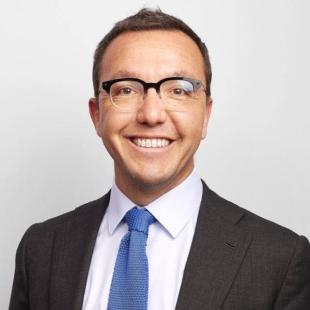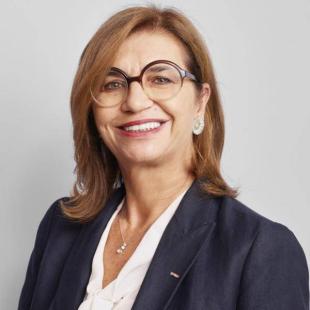Key contacts
The dynamic economy of Monaco, the wide diversity of activities, the presence of more than 140 nationalities, stability, security and quality of life make the Principality an exclusive and unique place for local and foreign investors.
Our firm was founded in 2009 and became a member of CMS in April 2017. Our team is now composed of more than 80 members, including five partners (Avocats Associés), over 50 associates, experts in Monegasque and international law, and a professional support team.
Our firm is well-known for its areas of expertise, each dedicated to a specific area of law: private international law, private clients, banking & finance, business law, real estate & construction, employment law, tax law and criminal law. We are regularly listed among the top law firms in Monaco by international directories such as Chambers Global and Legal 500.
We have several specialised and multilingual teams who have an extensive experience working with private clients, Monegasque and foreign companies, investors, banks and financial institutions.
In addition to our strong local roots, we have built an international practice and are able to assist our clients with all types of cross-border matters, while ensuring a consistent level of service and responsiveness.
Do not hesitate to contact us if you are looking for legal advice or representation in Monaco.










